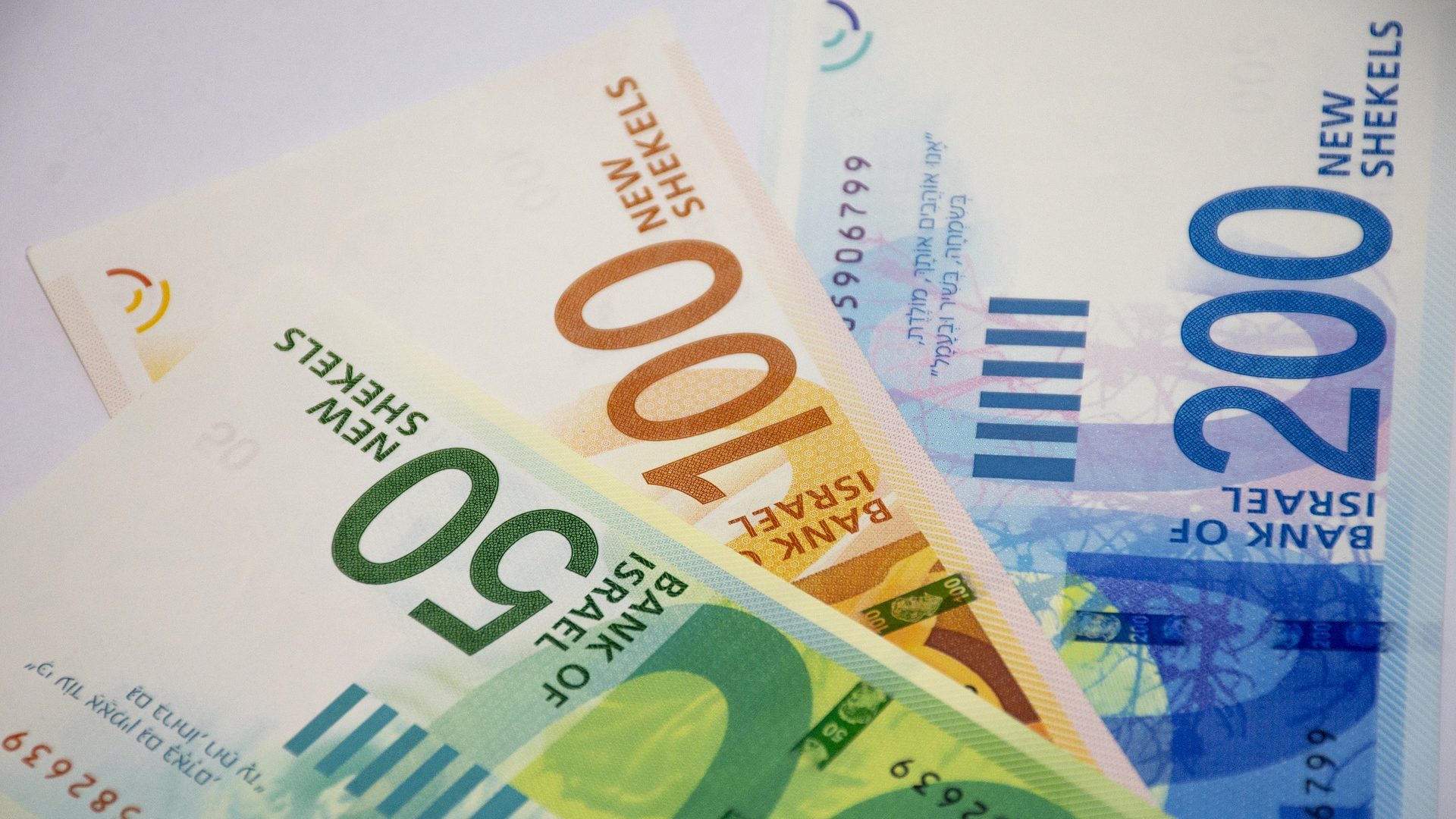Experts Are Confident Israel’s Economy Can Endure Despite Omicron Onslaught
But despite widespread optimism, forecasts will remain uncertain until the coronavirus wave peaks
Israel’s central bank governor, Amir Yaron, presented to the Knesset Finance Committee on Monday a report on the projected impact of the current coronavirus wave on Israel’s economy.
Yaron estimated that the cost to the economy could soon reach “2 billion and something shekels,” or more than $640 million, every 20 days if the number of daily new infections continues to grow at current rates.
This loss is caused by two factors. The first is the isolation of workers, which, he said, “costs around 273 NIS (about $87) daily per employee.” The second factor, which partly derives from the first, is the decline of consumption in the country.
Though these figures are worrying, Yaron says they may only continue for several weeks, in which case they would not trigger a “macroeconomic event” that obligates the government to increase compensation to businesses in the affected sectors.
Prime Minister Naftali Bennett announced on Tuesday evening ahead of a meeting of the coronavirus cabinet that the government is working to make sure the economy stays open, without a lockdown, though he called on anyone who is able to work from home. Bennett also announced that the state will pay workers for days of missed work due to quarantine from the first day, including for people who are self-employed.
Avigdor Liberman, the minister of finance, in a press briefing on Monday, downplayed the need for compensating businesses, claiming that “all businesses are in excellent shape and I am happy for it.” He didn’t completely rule out compensation for losses due to the current wave, but said that 2021 was “the best year in the 21st century from an economic point of view,” and that there would be “no handing out of gifts” and “no election bribes,” which he suggested happened in past waves. The government, Liberman added, “will make decisions based on economic, not populist reasons.”
You do not see any long-term vision or any serious scenario analysis. Everything is being decided ad hoc.
Alex Coman, a senior economic consultant, told The Media Line that Liberman’s claim could be partly true. However, some sectors of the economy have been severely affected by the pandemic, such as tourism, which “is devastated.”
For that reason, Coman said: “If we had such a great year, our responsibility is to show a human face, and to help these small businesses and tourism-related service providers, to help them survive the slump.”
Meanwhile, Opposition Leader Binyamin Netanyahu, the former prime minister, has called on the government to provide more generous compensation to the affected businesses.
Yaron told the Finance Committee that, despite forecasts predicting that the current wave would last no more than a few weeks, it should prepare an emergency plan covering all possible scenarios.
Coman, however, said the government had no plan that could be implemented if the wave were to last longer than expected. “You do not see any long-term vision or any serious scenario analysis,” he said. “Everything is being decided ad hoc.”
Nevertheless, Coman added, the Israeli economy is perfectly capable of weathering the current wave even if it does last longer than expected. “In modern times, credit is available. Israel has a very good credit rating. It did extremely well during the last COVID waves,” he explained.
Accordingly, Eytan Sheshinski, the Sir Isaac Wolfson Professor of Public Finance Emeritus at the Hebrew University of Jerusalem, told The Media Line that “only when the peak of omicron occurs” will a reliable forecast for the upcoming year be possible.
Yaron said the previous wave cost around 7 billion to 8 billion shekels (over $2 billion), which represents about 0.5% of Israel’s gross domestic product. This wave, on the other hand, is expected to cost no more than 0.3% of the country’s GDP, assuming that it lasts only a few weeks, as predicted. In that case, Yaron estimates a total GDP growth of 5.5% by the end of 2022.
Sheshinski thinks this is a very optimistic forecast. “There is no question that we will have to live with some remnants of corona this year,” he said. On the other hand, he added, “Israel still has a very strong high-tech sector, and the inflow of investments in the cyber sector was unprecedented last year, and I think it may continue or be greater this year.”
Coman is also bullish about the economic prospects for Israel in 2022, despite the current COVID wave. “Omicron seems to be very contagious but not very damaging. … It will be a mild disease and not something that disrupts the economy, so I think tourism and other affected sectors will recover.”


